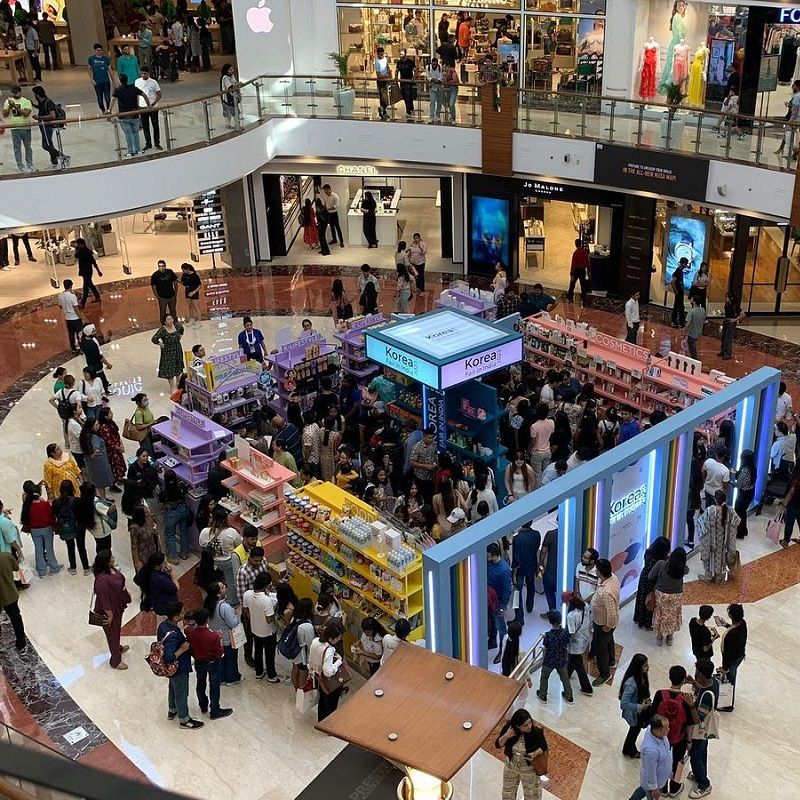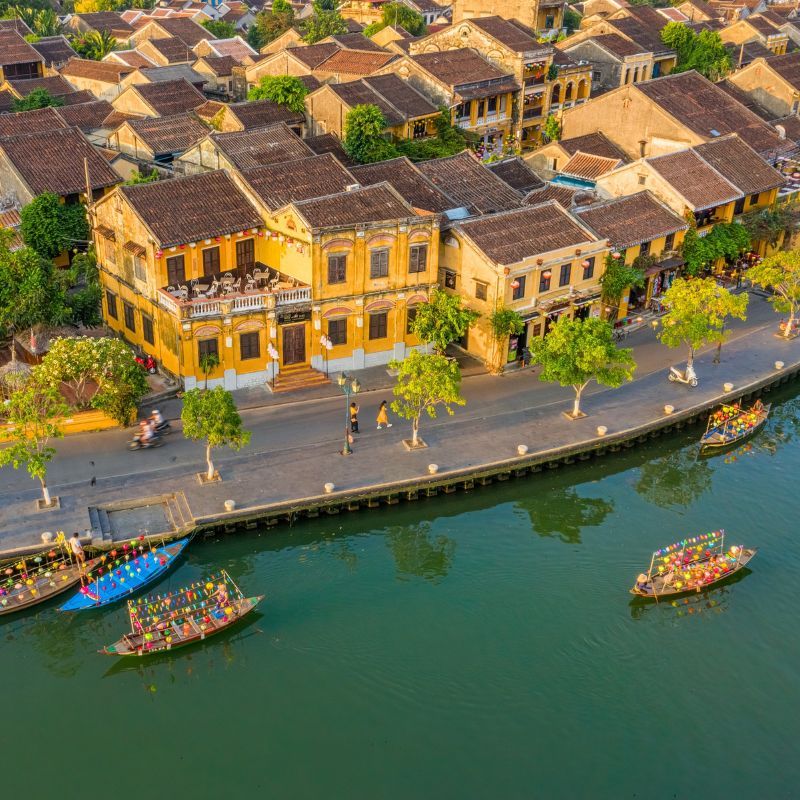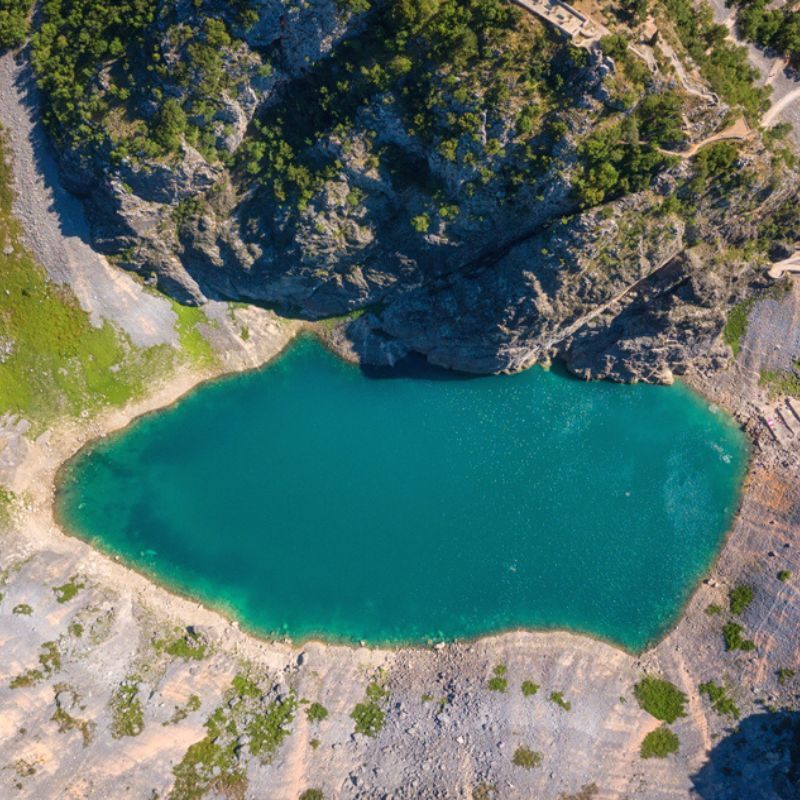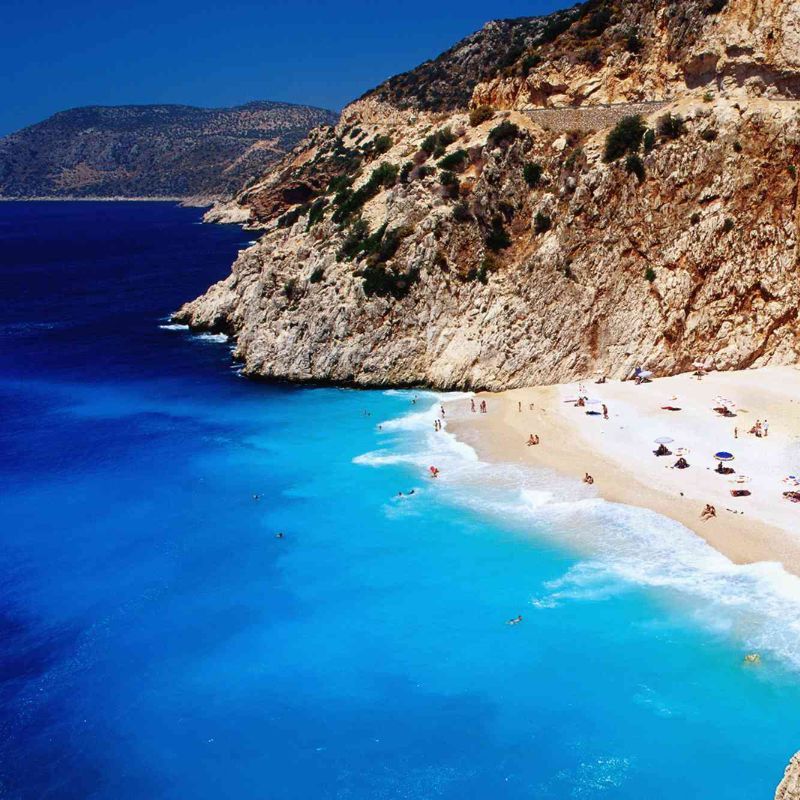

Is there anything more satisfying than getting into bed after a long day? Finally kicking up your feet, resting your head on a feathery pillow, and snuggling under a blanket—ah, that’s bliss. Unfortunately, astronauts don’t get to enjoy the comfort of a real bed when they’re in space. And unfortunately, there’s not a lot of preparation an astronaut can do beforehand to practice sleeping in microgravity. That’s where chatting with someone who has actually done it comes in handy. So, what it’s like to sleep in space? Find out below. By Stefanie Waldek
What it’s like to sleep in space?
Former astronaut Scott Kelly spent 520 days in space, so he’s a pro when it comes to catching some Zs in microgravity. And he has slept in quite a few other unusual places, too—in a yurt at Mount Everest’s base camp, below the sea in an underwater laboratory, and even in a fighter jet cockpit. He’s even written a children’s book about his experiences sleeping in the most unusual places, called Goodnight, Astronaut.

We spoke with Kelly about sleeping in space so that you’ll be prepared when it’s your turn to launch (which could be as soon as this year, if you win this free trip to space). Here’s what you need to know.
1. Sleeping quarters are cramped.
Space isn’t as spacious as you might think, particularly when it comes to your bedroom. On the International Space Station (ISS), astronauts sleep in crew quarters that are roughly the size of a phone booth. But that tiny cabin is a luxury compared to the sleeping area on the space shuttle. “You don’t have a private area of sleeping. You all sleep kind of together, wherever,” says Kelly, who flew on two shuttle missions before heading to the ISS. “So, if someone gets up to go to the bathroom, you hear it.”
And if you’re worried about claustrophobia in such cramped quarters, well, you probably wouldn’t make the cut to become an astronaut in the first place. “When I was selected [to be an astronaut], they’d give us a test to see if we had claustrophobia,” says Kelly of his NASA training. “They make you crawl up into a ball in this thick rubber bag with a heavy zipper. They put a heart monitor on you, zip you up, then push you into a closet. And you wouldn’t know how long you had to be in there.”
2. You’re probably going to miss the sensation of a blanket and pillow.
When in space, you won’t be able to enjoy that relaxing feeling of getting horizontal, given that there’s not enough gravity to keep you lying flat in bed. Astronauts actually sleep in sleeping bags tethered to walls, so they don’t float away in the middle of the night. But there are ways to make your sleeping experience somewhat similar to what it’s like here on Earth.
“Our whole lives, we sleep with blankets, and you feel that pressure. So, when you don’t have that anymore, it feels a little odd,” says Kelly. To mimic that sensation, he used bungee cords to secure him to the floor. As for lying your head on a pillow, Kelly found a workaround, too. “Eventually, I was sleeping with my head kind of Velcroed to a cushion, so it feels like your head is up against the pillow,” he says.
3. Depending on your spacecraft, things can get noisy and bright.
There’s no sound in space, but there’s plenty of sound inside the spacecraft. “The space shuttle is loud, so I would wear earplugs,” says Kelly. “And I would have a mask on. Even though you have window shades on the windows, the sun in space is really bright, and it seeps through them.”
Remember, spacecraft orbit the Earth at incredibly high speeds — the ISS clocks in at 17,100 miles per hour (27,519 kilometres per hour) — which means that astronauts can see 15 or 16 sunrises per day, including throughout their sleeping period. Luckily, on the ISS, the individual crew quarters offer a bit more privacy, making it easier to block out the light. They’re also soundproofed to allow for more restful sleep.
4. At higher altitudes, you might see “firework shows” when your eyes are closed.
While the ISS orbits at 254 miles (408 kilometres) above the Earth’s surface, the Hubble Space Telescope orbits at 340 miles (547 kilometres) high. Some space shuttle missions, including one of Kelly’s, reached this higher altitude. “At that altitude, you get a lot more cosmic rays that impact you, and you can see them with your eyes closed,” says Kelly. “They’re like little flashes of light in your field of vision. That’s distracting.”
Astronauts have been reporting this phenomenon since the Apollo era, and while scientists aren’t 100% sure what causes it, it has been known to impact an astronaut’s ability to sleep.
5. You might sleep really well when you get back to Earth.
“I find that I sleep so much better than I used to now that I no longer work at NASA or in the military,” says Kelly, speculating that one reason could be a lack of work-related stress. Being an astronaut is a pretty intense job, after all.
And actually, Kelly’s nights of sound sleep these days might be due to his astronaut training rather than his spaceflights. “The one thing I found working at NASA was that I was often chronically jet-lagged because we would have been training all around the world,” says Kelly. “When people ask you ‘Hey, what’s the hardest part about training to be an astronaut?’ I’d say it’s the jet lag.”
But given the pandemic, Kelly would be happy to put up with jet lag once more in order to take a vacation. “I do miss travelling,” he says. “Once this pandemic is over, man, I’m gonna take advantage of that.”
Related: Want To Know What Outer Space Smells Like? NASA Introduces A Perfume!










